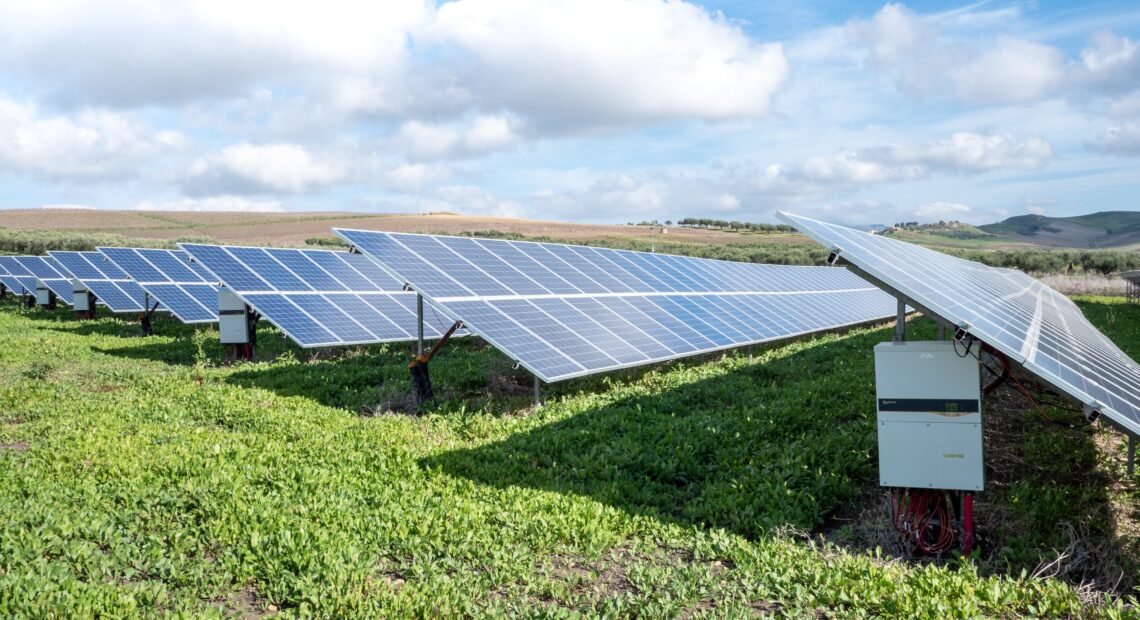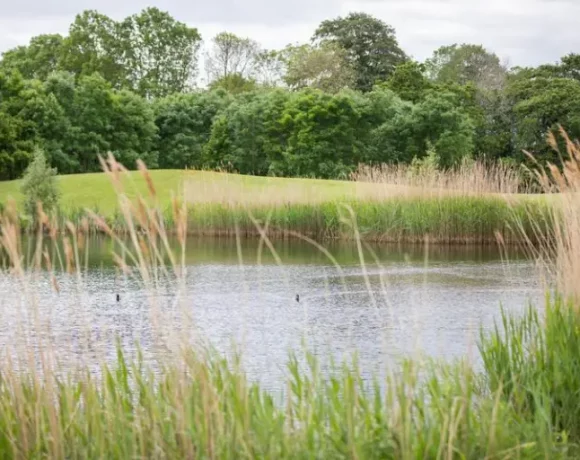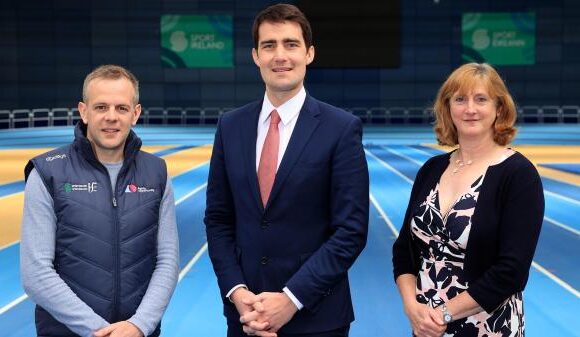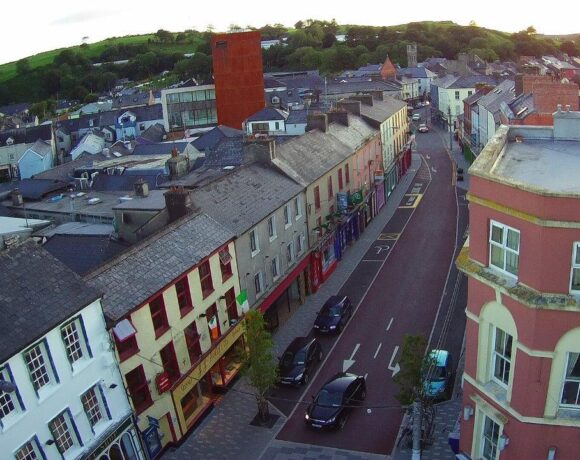The Government has published the ‘Energy Security in Ireland to 2030’ report, which outlines a new strategy to ensure energy security in Ireland for this decade, while ensuring a sustainable transition to a carbon neutral energy system by 2050.
The comprehensive report, which has 28 actions in total, is a roadmap to ensuring a sustainable, affordable and secure energy landscape that balances energy risk and resilience against our binding European and domestic energy and climate commitments.
It is informed by six pillars of analysis, including the technical review of the energy security of Ireland’s electricity and gas networks carried out by Cambridge Economic Policy Associates (CEPA), over 450 consultation responses to this analysis, and the Independent Review on the Security of Electricity Supply, carried out by former Secretary General of the Department of the Taoiseach, Dermot McCarthy (the McCarthy Report).
Overall, the in-depth consultation and analysis highlights the vital importance of Ireland’s renewable energy policy agenda. It also identifies strategic risks for Ireland within a changing European and international energy context. Based on this, the report sets out several conclusions, including:
• Electrify: Ireland’s future energy supply will be more secure by moving to an electricity-led system.
• Delivering on the plans already in place: Ireland’s existing plans to grow renewable generation, demand-side flexibility, new gas-fired generation as back-up, interconnection and storage are the right ones to secure electricity supplies.
• Balancing sustainable gas demand and supply: While gas supplies and infrastructure are adequate to meet our demand projections, there are risks in the event of disruption to infrastructure. To reduce reliance on gas imports, we will reduce natural gas demand and develop renewable, indigenous gas supply and renewable gas-compatible storage. As a transitional measure, we will introduce a Strategic Gas Emergency Reserve to address security needs in the medium-term, to be used only if a disruption to gas supplies occurs. Based on the preliminary analysis of the Department (DECC) it is anticipated that a floating reserve (FSRU) will best meet the criteria set by the Government, a solution preferred by a range of EU states. This will be examined by Gas Networks Ireland and a detailed proposal will return to Government for final approval in 2024.
• Robust oil supply: Back-up reserves and distribution plans in case of an oil emergency are sufficient. Into the future, we need to ensure commercial oil supplies into the State will be robust, along with the infrastructure for distribution. Over time, oil demand will be reduced.
• Anticipating Risks: Maintaining a strong focus on anticipating risks and good governance to ensure delivery, robust risk management and adequate resources.
Minister Eamon Ryan said, “the approach presented today integrates energy, climate, enterprise, and digitalisation policy ambitions so that Ireland’s energy future is clear and certain. Ultimately, it will ensure our energy system is secure and affordable as we transition to a carbon neutral future.”
“Ireland is currently one of the most energy import-dependent countries in the EU. By reducing our import dependency through our energy efficiency measures and our investment in a diverse number of renewable energy sources, Ireland will reduce our dependence on imported fossil fuels and dramatically reduce our exposure to energy shocks. We are already world leaders in onshore wind energy and are actively pursuing our offshore wind, solar, interconnection and other renewable sources. The delivery of this ambition will ensure an energy system that is no longer oil and gas-based but grounded in indigenous renewable electricity.”
“While we transition to this more sustainable energy landscape, we will need a range of measures to ensure a resilient, reliable, and secure energy system throughout. This Strategy sets out how we can power Ireland’s progress, enhancing our energy security with a mix of energy efficiency, a continued shift to electricity from renewable generation, smart grid interconnection to the UK and Europe, better storage as well as flexible, state-led and temporary access to key fossil fuel reserves as we make the switch.”













